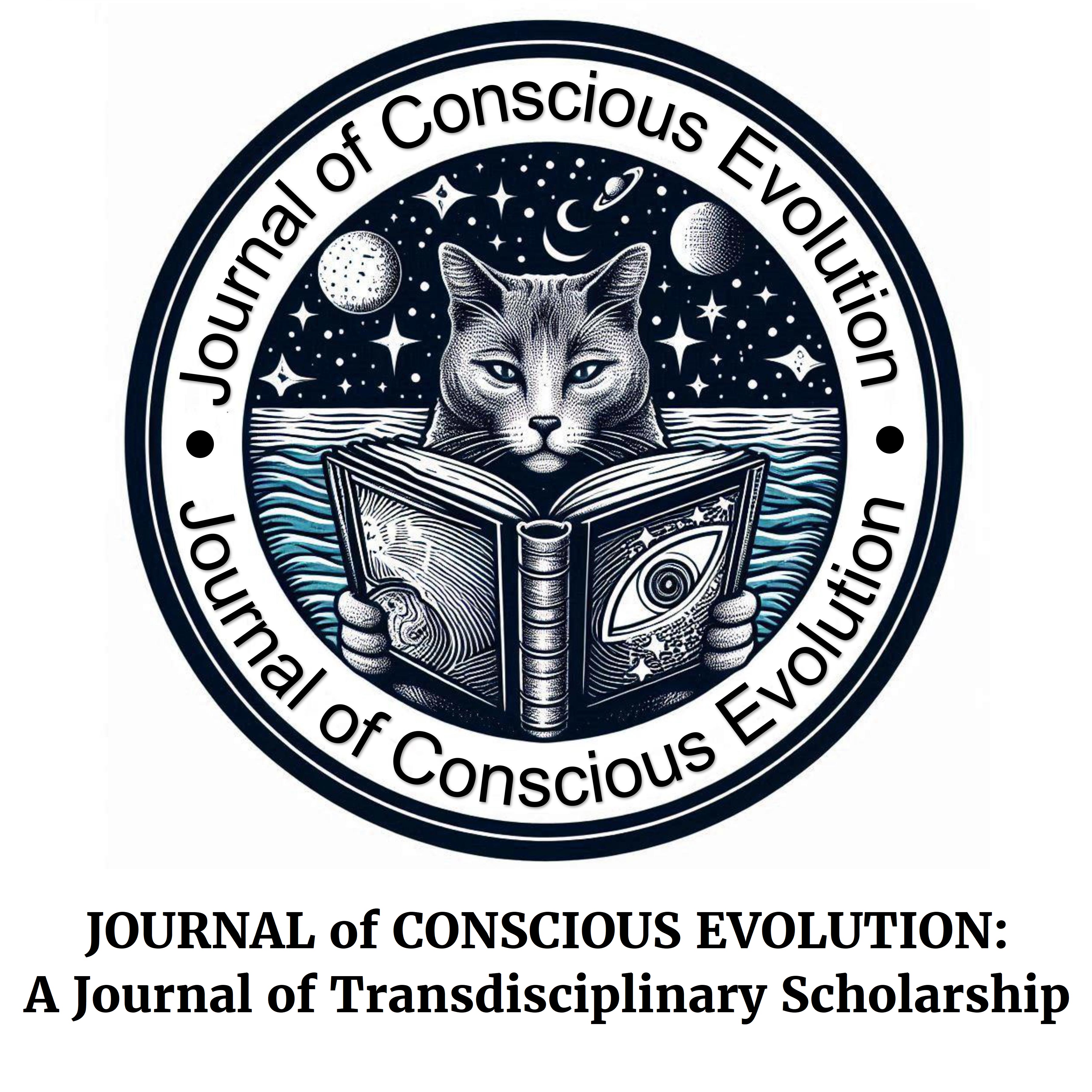
Abstract
The act of writing can cause great anxiety, stoking flames of perfectionism and fears of criticism, narcissistic injury, or indifference. While Buddhist teachings provide liberation from such egoic loneliness, it is not often recognized that postmodern and post-structural thought may also put the “author” and their “writing” in a less-individualized context—one in which a written work is understood to be in fact an ongoing process taking shape in interactions among writer, reader, critic, fan, and the world of literature at large. Keeping such a model in mind can help return joy to the act of writing as it poses the question, “To whom does this work belong?”
Recommended Citation
Andrew Erdman. (2021). Nondual Writing: A Perspective on Who Owns Ideas, and a Way to Write with Greater Ease. Journal of Conscious Evolution, 18(18). https://digitalcommons.ciis.edu/cejournal/vol18/iss18/3
Included in
Clinical Psychology Commons, Cognition and Perception Commons, Cognitive Psychology Commons, Critical and Cultural Studies Commons, Family, Life Course, and Society Commons, Gender, Race, Sexuality, and Ethnicity in Communication Commons, Liberal Studies Commons, Social and Cultural Anthropology Commons, Social and Philosophical Foundations of Education Commons, Social Psychology Commons, Sociology of Culture Commons, Sociology of Religion Commons, Transpersonal Psychology Commons


